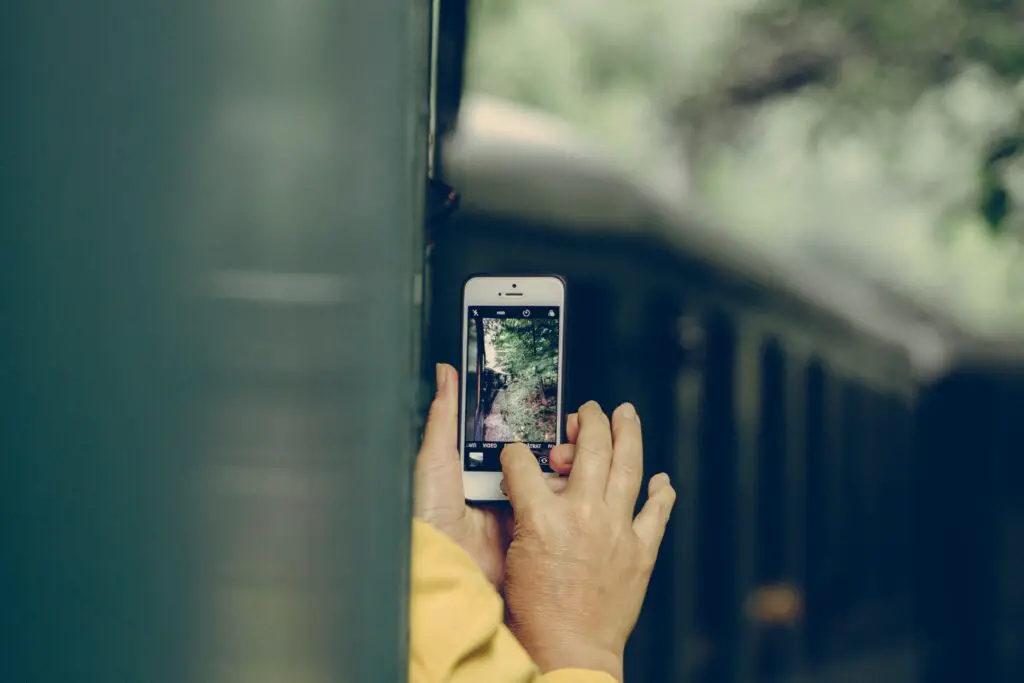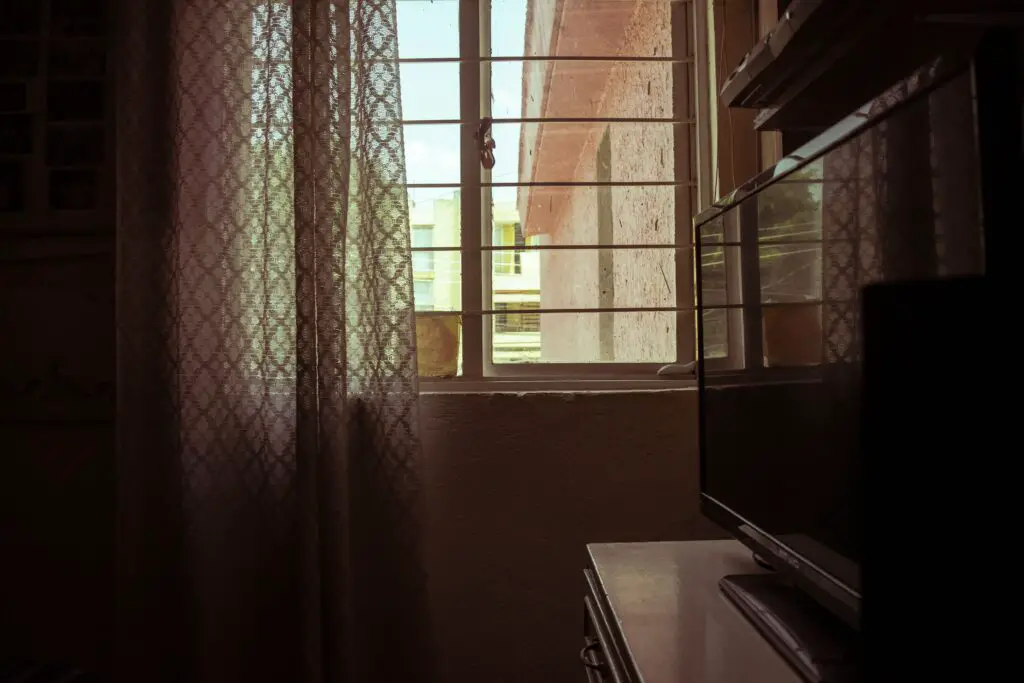If you’re interested in learning Romanian or simply want to expand your language skills, it’s essential to know how to ask someone “How are you?” in this beautiful language. In this article, we will explore the phrase “How are you?” in Romanian, providing you with not only the translation but also practical insights into pronunciation and cultural nuances. Whether you’re a beginner or an intermediate learner, this article will help you navigate the basics of conversing in Romanian and foster a deeper appreciation for the language’s rich heritage. So, let’s dive into this linguistic adventure and discover how to say “How are you?” in Romanian!
Greetings in Romanian
Romanian, also known as Limba Română, is a romance language spoken by around 24 million people worldwide. If you’re interested in learning Romanian, a great place to start is with greetings. Greetings are a fundamental aspect of any language, and they play an important role in Romanian culture. Whether you want to greet someone formally or informally, it’s essential to know the appropriate phrases to use.
Formal Greetings
In formal situations, such as meeting someone for the first time or addressing someone in a professional setting, you’ll want to use formal greetings. Here are a few common formal greetings in Romanian:
- “Bună ziua” – Good day
- “Bună dimineața” – Good morning
- “Bună seara” – Good evening
- “Noapte bună” – Good night
When using these formal greetings, it’s polite to add the appropriate salutation. For example, you might say, “Bună dimineața, Domnule Smith” (Good morning, Mr. Smith) or “Bună seara, Doamna Johnson” (Good evening, Mrs. Johnson). Adding the salutation shows respect and professionalism.
See Also: How Are You In Mandinka
Informal Greetings
In informal settings, such as with friends or family members, you can use more relaxed greetings. Here are a few common informal greetings in Romanian:
- “Salut” – Hi/Hello
- “Bună” – Hello
- “Ce faci?” – How are you? (informal)
These informal greetings can be used with people you are familiar with or when talking to someone of a similar age or status. It’s important to note that when using informal greetings, you can omit the salutation. For example, you can simply say, “Salut!” instead of “Salut, Ana!” (Hi, Ana!).
Basic Phrases
Now that you’ve learned the greetings, let’s move on to some basic phrases that will come in handy in everyday conversations. These phrases are the building blocks of communication and will help you navigate various social interactions in Romanian.
Good Morning
To greet someone in the morning, you can use the phrase “Bună dimineața!” which means “Good morning!” This phrase is typically used until around noon.
Good Afternoon
In the afternoon, you can use the phrase “Bună ziua!” which means “Good afternoon!” This greeting is appropriate from around noon until early evening.
Good Evening
For greetings in the evening, you can use the phrase “Bună seara!” which means “Good evening!” This can be used when meeting someone later in the day or when entering an event or social gathering in the evening.
Good Night
To say “Good night!” in Romanian, you can use the phrase “Noapte bună!” This is a common phrase used when saying goodbye and wishing someone a good night’s sleep.
Thank You
Expressing gratitude is an important part of any culture, and knowing how to say “Thank you” in Romanian is essential. The phrase “Mulțumesc!” is used to say “Thank you!” A more polite and formal version of thank you is “Mulțumesc frumos!” which translates to “Thank you very much!”
Please
When making a request or asking for something politely, you’ll need to use the word “Te rog.” This is the Romanian equivalent of “Please.” It’s important to use this phrase to show respect and politeness when asking for someone’s assistance or favor.
I’m Sorry
To apologize or express remorse, you can use the phrase “Îmi pare rău.” This translates to “I’m sorry.” It’s a good phrase to have in your vocabulary when you need to apologize for any mistakes or inconveniences caused.
Excuse Me
In situations where you need to get someone’s attention or ask for forgiveness, using the phrase “Scuzați-mă” is appropriate. This translates to “Excuse me” in English. It’s a polite way to interrupt someone or ask for permission to enter a conversation.
Yes
The word for “Yes” in Romanian is “Da.” This is a simple and direct way to affirm a statement or answer a question positively.
No
Similarly, the word for “No” in Romanian is “Nu.” This is used when you want to deny or refuse something. It’s important to note that the pronunciation of “Nu” is short and concise.

Introducing Yourself
Now that you know how to greet someone and use basic phrases, let’s move on to introducing yourself in Romanian. When meeting new people, it’s customary to exchange names and engage in a friendly conversation. Here’s how you can introduce yourself in Romanian:
What’s Your Name?
To ask someone’s name, you can say “Cum te numești?” which translates to “What’s your name?” This is a simple and common phrase used when initiating a conversation.
My Name Is…
To introduce yourself and share your name, you can say “Eu mă numesc…” which means “My name is…” followed by your name. For example, “Eu mă numesc Maria” means “My name is Maria.”
Nice to Meet You
After introducing yourself, it’s polite to express that it’s nice to meet the person you’re talking to. In Romanian, you can say “Îmi pare bine.” This phrase shows friendliness and appreciation for the introduction.
See Also: How Are You In Greek
Asking How Someone Is
Being able to ask how someone is feeling or how their day is going is an important skill in any language. In Romanian, there are various ways to inquire about someone’s well-being. Let’s explore a few phrases commonly used to ask how someone is doing:
How Are You?
To ask “How are you?” in Romanian, you can say “Cum ești?” This is a common phrase used when greeting someone and showing interest in their well-being.
I’m Fine
To respond to the question “How are you?” with “I’m fine,” you can say “Sunt bine.” This is a simple and straightforward way to express that you are doing well.
I’m Not Feeling Well
If you’re not feeling well and want to inform someone about it, you can say “Nu mă simt bine.” This phrase indicates that you are not in good health or feeling unwell.

Responding to How Someone Is
After asking someone how they are, it’s important to be able to respond appropriately. Here are a few common ways to respond to the question “How are you?” in Romanian:
I’m Good
To say “I’m good” in Romanian, you can simply respond with “Sunt bine.” This indicates that you are feeling well and everything is going fine.
I’m Great
If you’re feeling fantastic and want to express that you’re great, you can say “Sunt foarte bine.” This emphasizes that you are feeling exceptionally well.
I’m Okay
If you’re neither particularly good nor bad and just doing okay, you can respond with “Sunt bine.” This is a neutral response that indicates you are doing fine.
I’m Tired
When you’re feeling tired or exhausted, you can say “Sunt obosit.” This expresses that you are in need of rest or feeling fatigued.
I’m Busy
If you’re busy or occupied with various tasks, you can respond with “Sunt ocupat.” This indicates that you have a lot on your plate at the moment.
Other Useful Expressions
In addition to greetings, introducing yourself, and asking about someone’s well-being, there are several other useful expressions that can come in handy when learning Romanian. These expressions cover a range of topics from nationality to asking for help.
What’s Your Nationality?
If you want to ask someone about their nationality, you can say “Care este naționalitatea ta?” This phrase allows you to learn more about a person’s background and cultural heritage.
Where Are You From?
To inquire about someone’s place of origin, you can ask “De unde ești?” This question helps you start a conversation and understand where someone comes from.
Do You Speak English?
If you’re in a situation where you need to communicate in English, you can ask “Vorbești engleză?” This phrase is particularly helpful when traveling or in situations where language barriers may arise.
I Don’t Understand
When you don’t understand something being said to you, you can use the phrase “Nu înțeleg.” This allows you to politely ask for clarification or further explanation.
Please Speak Slowly
If someone is speaking too quickly for you to understand, you can ask them to slow down by saying “Vorbiți mai încet, vă rog.” This polite request helps ensure effective communication.
Can You Repeat That, Please?
In situations where you didn’t catch what someone said, you can ask them to repeat it by saying “Puteți repeta, vă rog?” This phrase is useful when you need to hear something again.
How Do You Say… in Romanian?
If you want to learn how to say a specific word or phrase in Romanian, you can ask “Cum se spune… în română?” This allows you to expand your vocabulary and improve your language skills.
I Need Help
When you need assistance or help, you can say “Am nevoie de ajutor.” This phrase indicates that you require support or guidance in a particular situation.
I’m Lost
If you find yourself lost or unsure of your whereabouts, you can say “M-am rătăcit.” This phrase communicates that you are in need of directions or help finding your way.
See Also: How Are You In Albanian
Where Is the Bathroom?
When nature calls and you need to find a restroom, you can ask “Unde este baia?” This question is essential when you’re in unfamiliar surroundings and need to locate a restroom.

Cultural Insights
Learning a language goes beyond memorizing phrases and words; it also involves understanding the culture and customs of the people who speak that language. Here are some cultural insights related to Romania that can deepen your understanding of the language:
Romanian Politeness
Romanian culture places a strong emphasis on politeness and respect. Showing good manners and being courteous is highly valued. It’s important to address people using formal language in appropriate situations and to use please and thank you regularly. Demonstrating politeness will help you connect with Romanians on a deeper level.
Body Language
Like many cultures, Romanians use certain body language cues to communicate non-verbally. For example, maintaining eye contact during conversations is a sign of respect and attentiveness. Additionally, Romanians tend to stand closer together during interactions compared to some other cultures, which can be seen as a sign of familiarity and friendliness.
Greetings in Different Regions
While many greetings are widely used throughout Romania, there may be variations in different regions. Some greetings are unique to specific areas, reflecting local traditions and dialects. As you explore different regions of Romania, you may encounter various greetings that differ slightly from the ones mentioned earlier.
Importance of Family
Family plays a central role in Romanian culture. Romanians are known for being close-knit and valuing familial relationships. Showing an interest in someone’s family and demonstrating respect for family bonds can help you establish meaningful connections with Romanians.
Language Tips
Now that you’re familiar with greetings, basic phrases, and cultural insights, let’s explore some language tips that can enhance your Romanian learning journey.
Getting the Pronunciation Right
Pronunciation is key to sounding natural and being understood in any language. Romanian has its own unique set of phonetic rules, so it’s important to practice the sounds of the language regularly. Listening to native speakers, repeating phrases aloud, and seeking feedback from language instructors or native speakers can help improve your pronunciation.
Common Mistakes to Avoid
When learning a new language, it’s common to make mistakes. However, being aware of some common errors can help you avoid them and progress faster. For example, Romanian has specific rules for word order, verb conjugation, and noun genders. Paying attention to these aspects and seeking clarification when in doubt will help you overcome common challenges and improve your language skills.
Key Vocabulary for Basic Conversations
Expanding your vocabulary is crucial for engaging in meaningful conversations. Along with the phrases we’ve covered so far, it’s helpful to learn key vocabulary related to common topics such as food, transportation, and leisure activities. By focusing on vocabulary specific to your interests and daily life, you can quickly build a foundation for communication.
Resources for Learning Romanian
In the digital age, there are abundant resources available to support language learning. Online courses, mobile apps, language exchange websites, and language learning communities can all provide valuable learning opportunities. Explore different resources and find the ones that resonate with your learning style and goals.
Language Learning Strategies
Learning a new language requires dedication and consistent practice. It’s helpful to establish a routine for language learning and set achievable goals. Incorporating language learning into your daily life, such as listening to podcasts or watching movies in Romanian, can also be beneficial. Additionally, finding a language partner or joining a study group can provide motivation and accountability.
Common Challenges in Learning Romanian
Learning any language comes with its own set of challenges, and Romanian is no exception. Here are some common difficulties you may encounter while learning Romanian:
Word Order
Romanian has a flexible word order, but it follows different rules compared to English. Understanding how to structure sentences properly can be challenging, particularly when using direct and indirect objects, prepositions, and adverbs. Regular practice and exposure to Romanian sentence structures will help you overcome this challenge.
Verb Conjugation
Verbs in Romanian change depending on tense, mood, and person, which can be overwhelming for language learners. It’s important to familiarize yourself with common verb conjugation patterns and practice using them in conversation. Regular exposure to verb forms in different contexts will help solidify your understanding.
Gendered Nouns
One aspect of the Romanian language that can pose difficulties is the concept of gendered nouns. Nouns in Romanian can be masculine, feminine, or neuter, and they undergo changes based on gender and case. Paying attention to gender markers and practicing noun declensions will help you navigate this aspect of the language.
Pronunciation Challenges
Romanian pronunciation can be challenging for English speakers due to different vowel sounds and combinations. Additionally, the stress in Romanian words can fall on different syllables compared to English. Regular practice and listening to native speakers will help you improve your pronunciation and fluency.
Accents and Stress
Stress plays a significant role in Romanian language and can change the meaning of words. It’s important to pay attention to the pronunciation of stressed syllables and practice differentiating between words that may sound similar but have different stress patterns.
Conclusion
Learning Romanian can open doors to new experiences, friendships, and a deeper understanding of Romanian culture. By mastering greetings, basic phrases, and cultural nuances, you’ll be well-equipped to navigate conversations with confidence. Remember to practice regularly, immerse yourself in the language, and embrace the beauty of the Romanian language. With dedication and enthusiasm, you’ll make significant progress on your language learning journey. Keep practicing and enjoy the process!




